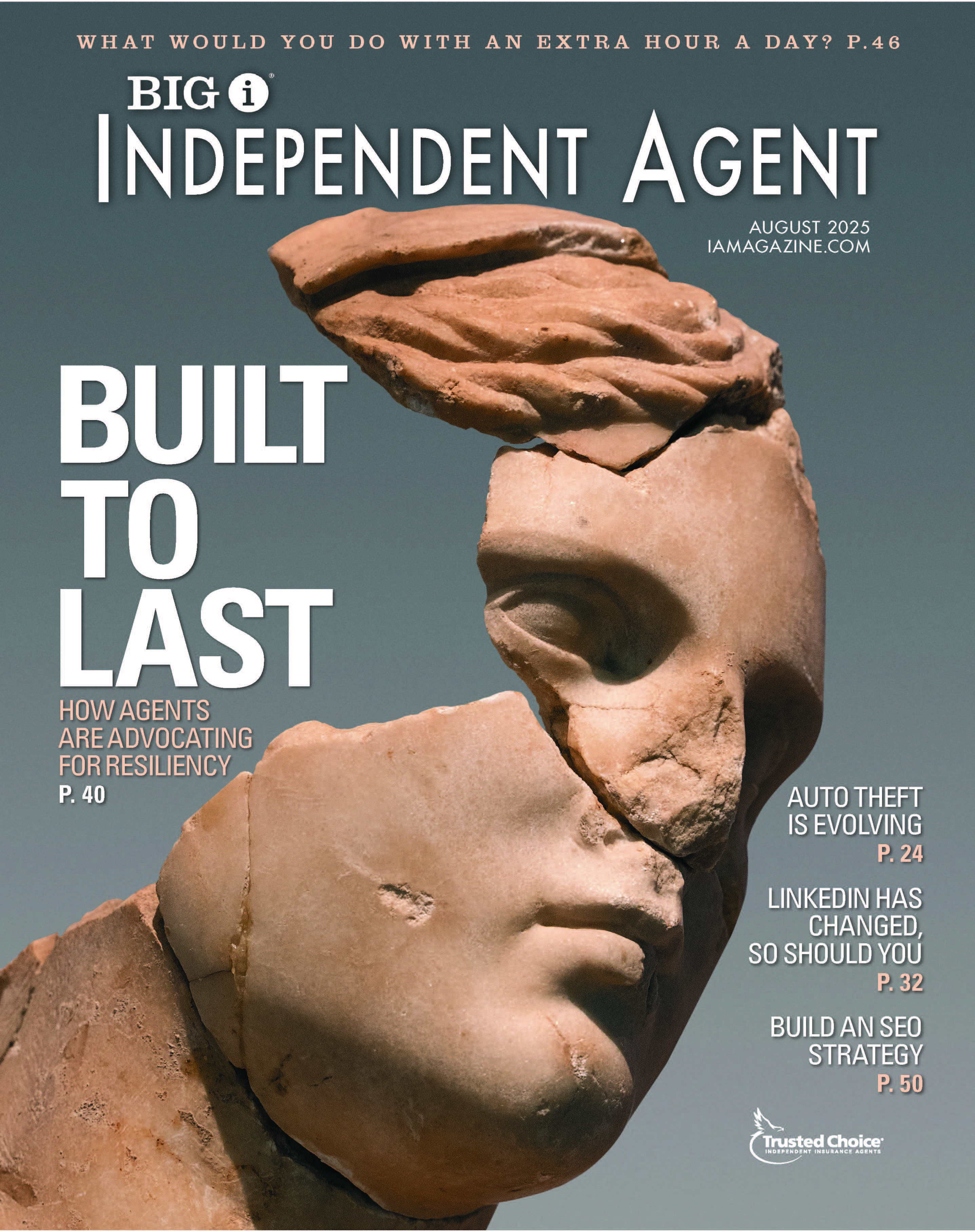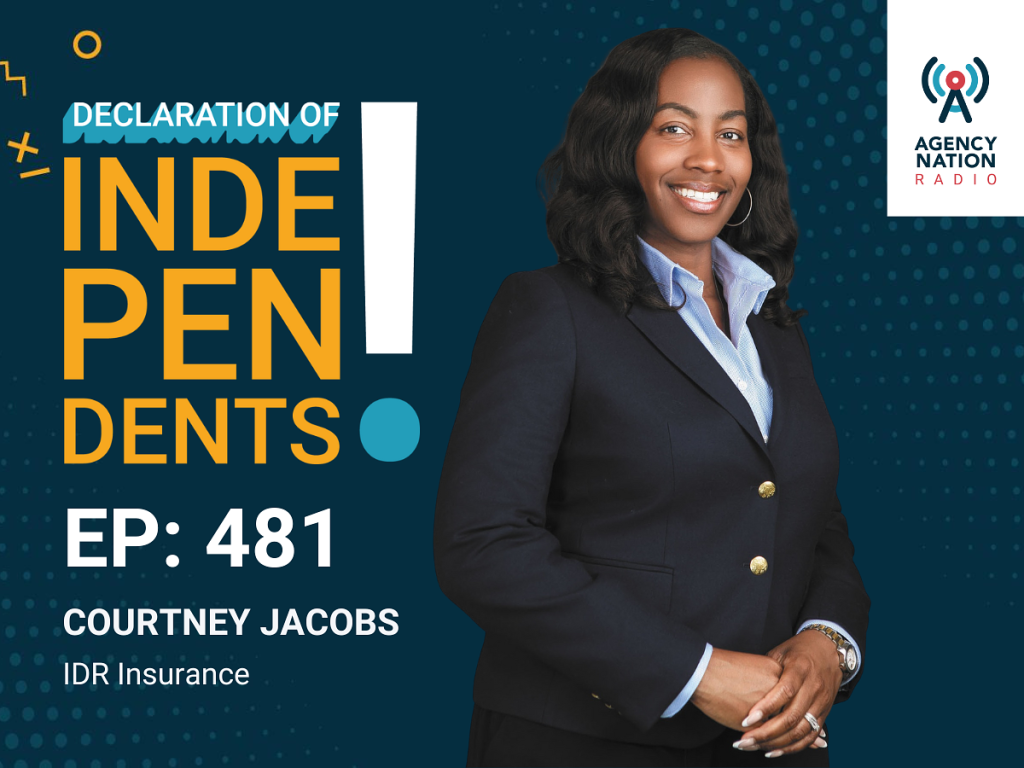Your Meetings Suck: 36 Questions to Inspire Collaborative, Worthwhile Meetings

By: Keith Rosen
Weekly, monthly or quarterly meetings can get stale quickly. They also put unnecessary pressure on managers to find a way to keep meetings engaging and valuable.
Instead of placing the responsibility of successful meetings solely on the manager, ask questions which tap into each participant’s experience, knowledge and creativity.
If you’re a manager, there’s a strong chance that you are a victim of being an absolute or linear thinker—you’re wired to believe things are binary, black and white, or right and wrong. But opening up your thinking and playing in the gray area often leads to breakthroughs.
Once you’ve set expectations for how a meeting will be structured, let your questions empower your team to open up and share their ideas, opinions and solutions. High-impact meetings will energize, inspire and invigorate your staff so that they feel acknowledged and like they’re part of the solution.
Here are 36 questions top leaders use to transform meetings from worthless to worthwhile:
1) What is the common goal, expectation or intention of this meeting?
2) Who is open to supporting the team by starting this discussion and sharing some ideas to stimulate our conversation?
3) What is another way of looking at this?
4) That’s a great idea. Who has a different opinion on what we’ve been discussing so far?
5) That’s interesting. What else could be true?
6) I certainly have my own opinion on this, and I’m happy to share it. However, before I do, I’m more interested in hearing your thoughts, since, in many ways, you’re closer to this situation than I am. I trust you and your judgment. Can someone else share some additional thoughts or reactions around what we’ve been discussing?
7) What assumptions might we be making about this issue?
8) What are the facts that support your opinion or assumption? How do you know?
9) How can we look at this in a way that would change our thinking for the better?
10) What would be possible if we were able to achieve these results?
11) What concerns, if any, do you have at this point?
12) How are you feeling about what we discussed and achieved today?
13) Where do we all want to be at the end of this meeting? What is your expectation and what do you want to leave with?
14) What do you hope to accomplish over the next hour, day, week, etc.?
15) What information do you need from me to provide context around this conversation?
16) What areas do you want to cover that are most important to you?
17) I’d like to hear from more of you regarding your opinions around this. Who is the next person to share some additional ideas?
18) What’s the alternative?
19) How could that impact the outcome?
20) What’s your reaction to what you just heard?
21) Can someone else share their point of view or build upon what we’ve just heard?
22) Imagine this is possible—what would that mean to you, the company, your clients, our business objectives, etc.?
23) What would the process, strategy or conversation look and sound like? Where do we need to start?
24) What do we all agree on so far?
25) What part of this solution does anyone have any concerns about and why?
26) What else might be missing that we need to look at so we don’t step over something important?
27) Can we identify the people who are willing to take some ownership around resolving this or achieving our objective?
28) What role is each of us committing to here?
29) What do we see as next steps?
30) What teams can we put together to foster healthy collaboration and get to where we need to go as efficiently as possible?
31) What is your preference in terms of how you’d like to be supported?
32) How can we hold each other accountable in a way that is supportive and not negative or offensive?
33) How can we approach each other if someone doesn’t follow through with their commitments?
34) How does each of you like to be communicated to? Text, phone, in person, instant message, email, team meetings, etc.?
35) What are some of your takeaways from this meeting and what did you find most valuable?
36) What, if anything, would you like to change or do differently for our next meeting?
Do yourself and your team a favor: Start authentically facilitating meetings by making the commitment to become an effective facilitator. Rather than simply telling people what to do, take out a hammer and destroy your soapbox. You no longer have any use for it.
Keith Rosen, CEO of Coachquest, has written several best-sellers, including “Own Your Day” and “Coaching Salespeople into Sales Champions,” winner of five International Best Book awards and the No. 1 best-selling sales management coaching book on Amazon.










